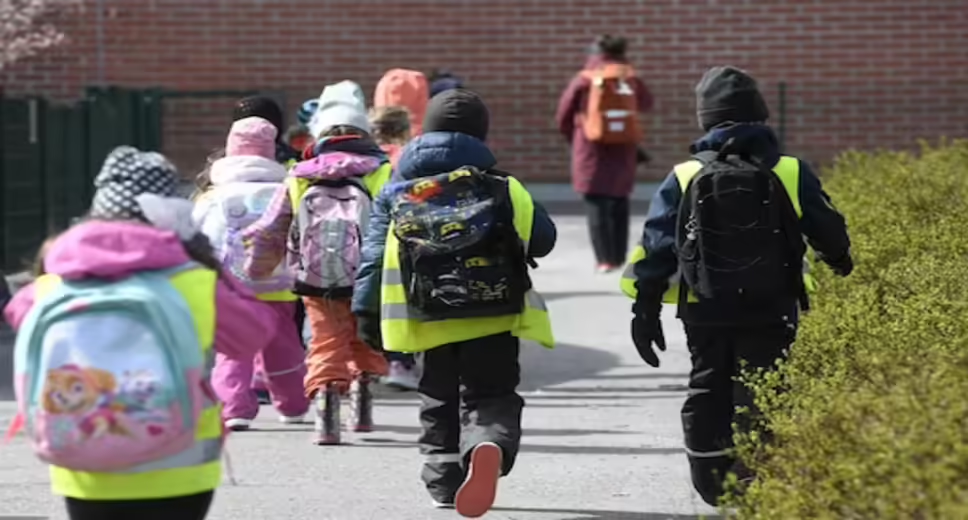DoE issues guidelines for admission against vacant seats of pre-primary, primary classes

The Delhi government's Directorate of Education (DoE) has announced that admission to vacant seats in pre-primary and primary classes at government Sarvodaya Vidyalayas for the academic session 2023-2024 will be on a first-come, first-served basis starting April 24. The DoE circular states that seats of students who are absent for an extended period and cannot be traced or who have been admitted to another school with documentary proof will be considered vacant. Priority will be given to transfer applicants from Sarvodaya Vidyalayas of DoE. Children residing within a one-kilometer radius of the school, or within three kilometers if no Sarvodaya Vidyalaya is available in the area, are eligible to apply.
The school will display the status of vacant seats. The circular emphasizes that no divyang child, destitute child, refugee/asylum seeker, homeless, migrant, orphan, or child in need of care and protection will be denied admission to any government school due to the unavailability of essential documents at the time of submission of documents.
Parents/guardians may receive provisional admission for 30 days if they provide an undertaking. Cluster Resource Coordinators and school management committee members will assist students in obtaining the necessary documents to regularize provisional admission and take advantage of Direct Benefit Transfer (DBT) scholarships in their bank accounts.
According to the circular, students admitted under the Plan or Non-Plan category during the current academic session will not be considered for transfer by Heads of Schools (HoSs). The HoSs will manually forward all such transfer applications to the Zonal Grievance Redressal Committee, which has been established at the Zonal level to address issues related to admission and student transfer.
The deserving cases recommended for transfer will be forwarded manually by DDE (Zone) to DE(District), who will examine these cases afresh and forward online School Leaving Certificate (SLC) requests to the desired schools. The circular explains that if certain issues remain unresolved, the Regional Director of Education of the respective region will act as the appellate authority for final resolution. The District Grievance Redressal Committee has been established at the district level to address transfer-related issues for such students. The Grievance Committee will not alter more than 10% of the total admissions, and priority will be given to specially-abled students with certification from a government hospital, students or parents suffering from chronic illnesses, and students who change their residence after admission.
